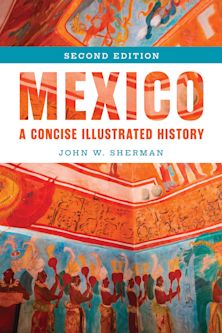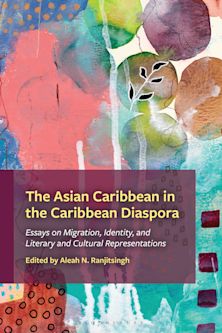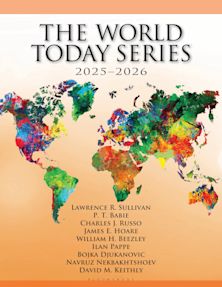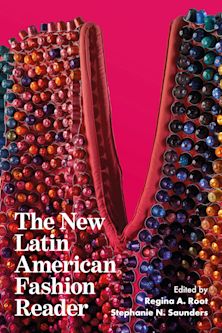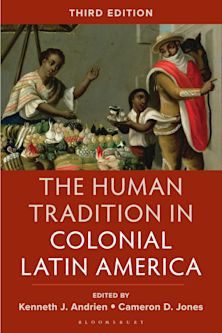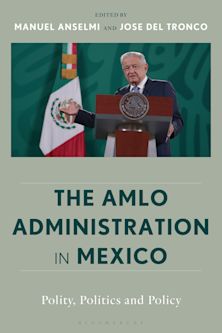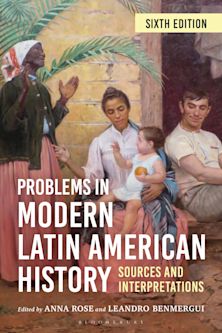The United States and Cuba
From Closest Enemies to Distant Friends
- Textbook
The United States and Cuba
From Closest Enemies to Distant Friends
- Textbook
This product is usually dispatched within 3 days
- Delivery and returns info
-
Free US delivery on orders $35 or over
Description
This timely book takes the historic restoration of diplomatic ties between Cuba and the United States in 2015 as the point of departure for a Cuban perspective on future relations. Tracing the history of the long and contentious relationship, Francisco López Segrera analyzes the pre-revolutionary and Cold War periods as well as more recent changes within each nation and in the international environment that led to the diplomatic opening and the abandonment of regime change as the goal of U.S. policy. He considers factors such as the declining influence of hard-line Cuban exiles in the United States; almost universal calls from Latin America, Europe, and other U.S. allies for constructive diplomatic engagement; and the economic restructuring underway in Cuba following the crisis of the “Special Period” triggered by the collapse of the Soviet Union. The author also identifies conditions favoring further progress, as well as outstanding issues that may constitute barriers—especially the blockade, U.S. demands for a Western-style democracy in Cuba, and its refusal to return the Guantánamo naval base to Cuban sovereignty. Comparing the differing perceptions shaping policies on both sides, López Segrera weighs the steps that will be necessary for the two countries to move toward full normalization.
Table of Contents
Introduction
Chapter 1: Historical Roots of the Cuban-U.S. Conflict
Chapter 2: Mutual Perceptions (1959–2015)
Chapter 3: From Close Enemies to Distant Friends
Conclusion
Chronology
Product details
| Published | Apr 17 2017 |
|---|---|
| Format | Paperback |
| Edition | 1st |
| Extent | 140 |
| ISBN | 9781442267220 |
| Imprint | Rowman & Littlefield |
| Dimensions | 9 x 5 inches |
| Series | Latin American Perspectives in the Classroom |
| Publisher | Bloomsbury Publishing |
Reviews

ONLINE RESOURCES
Bloomsbury Collections
This book is available on Bloomsbury Collections where your library has access.













